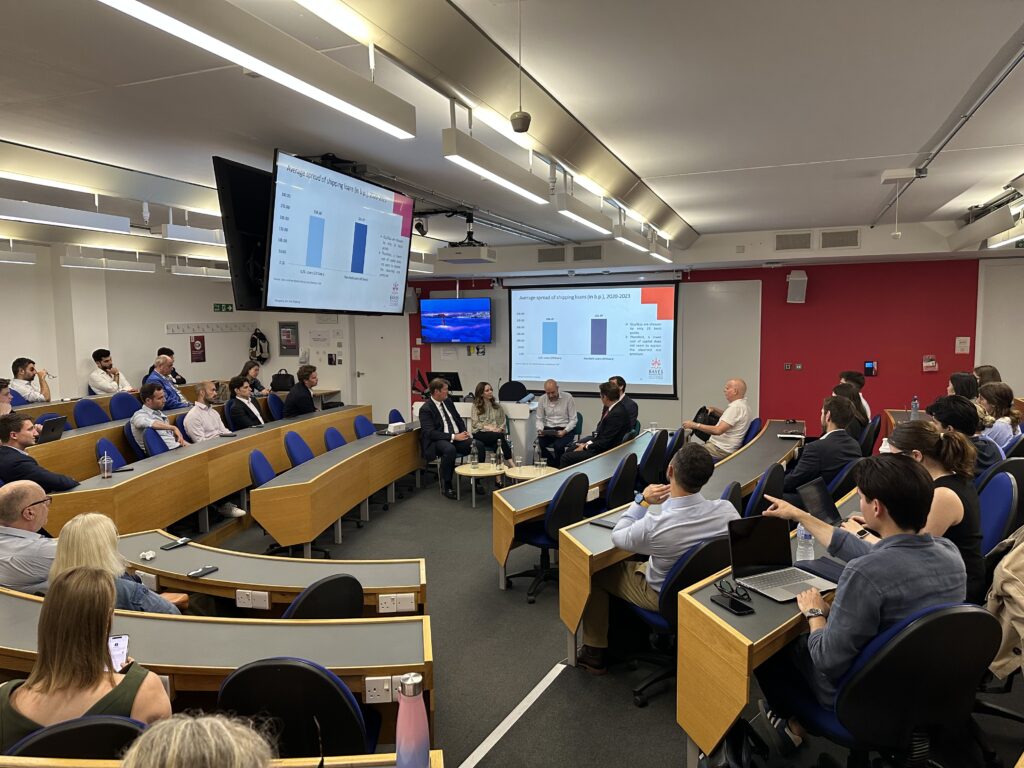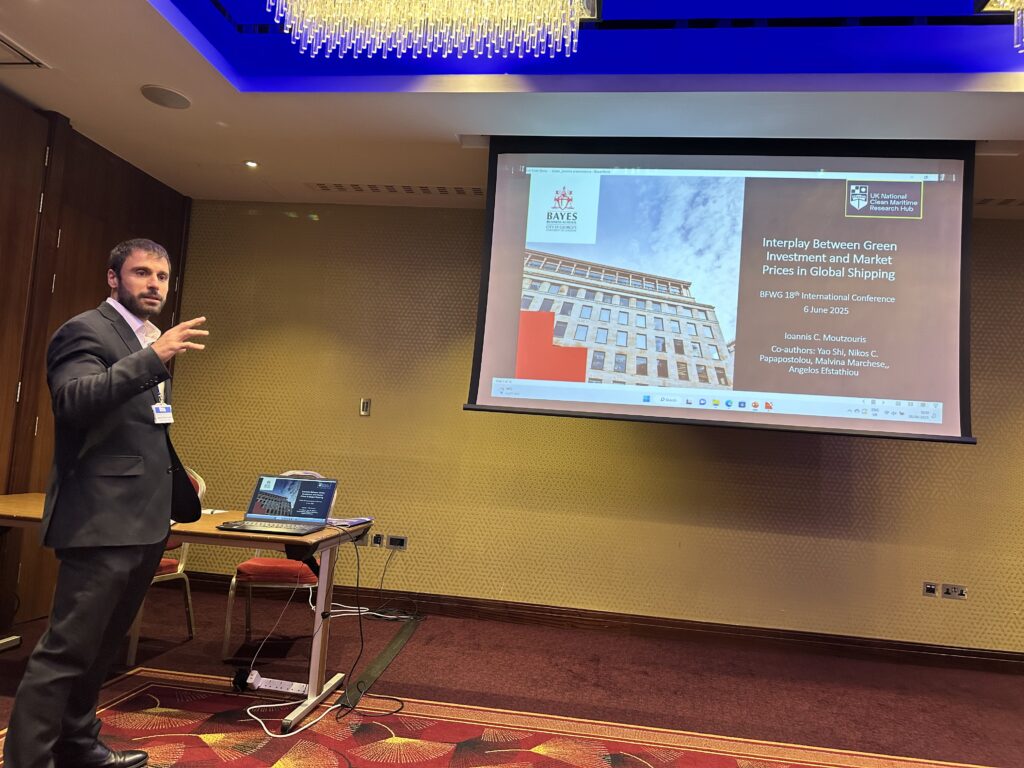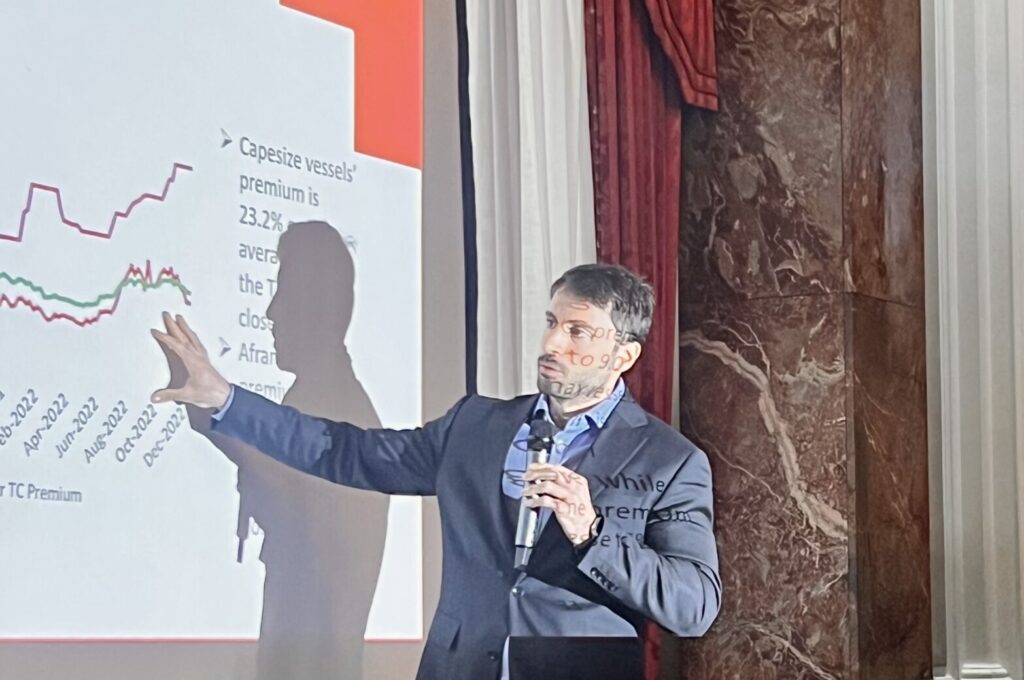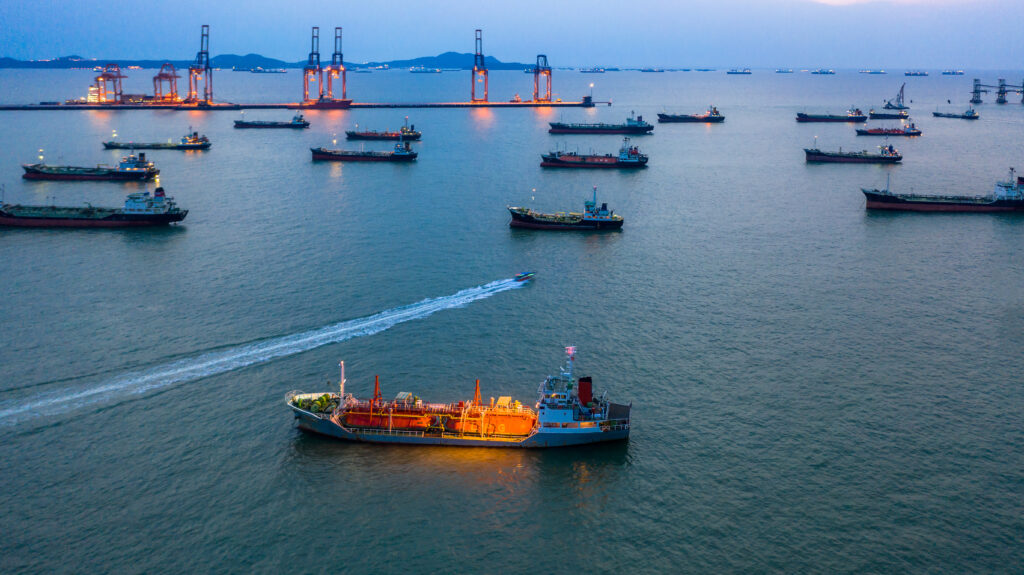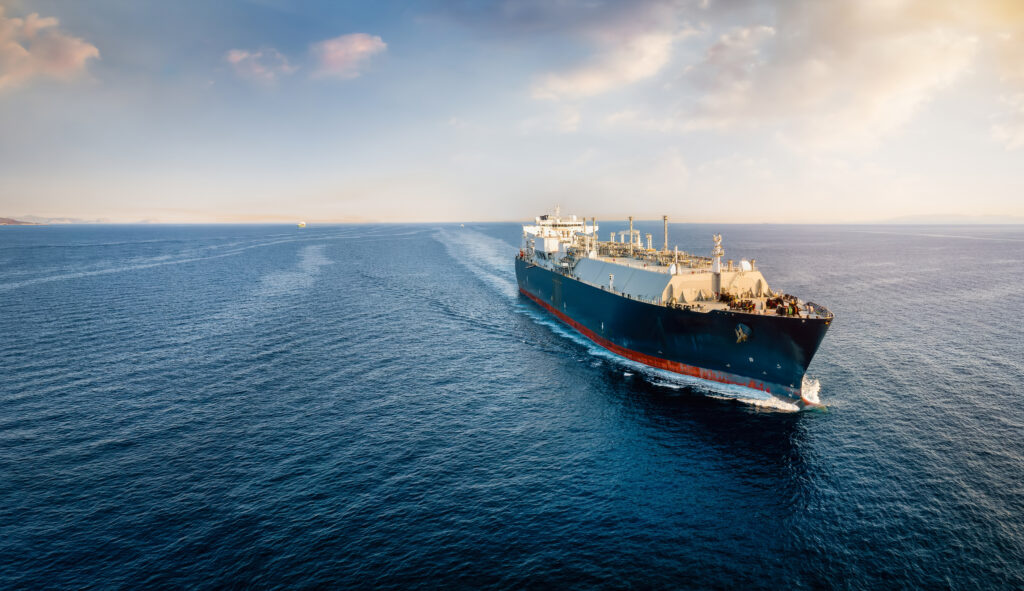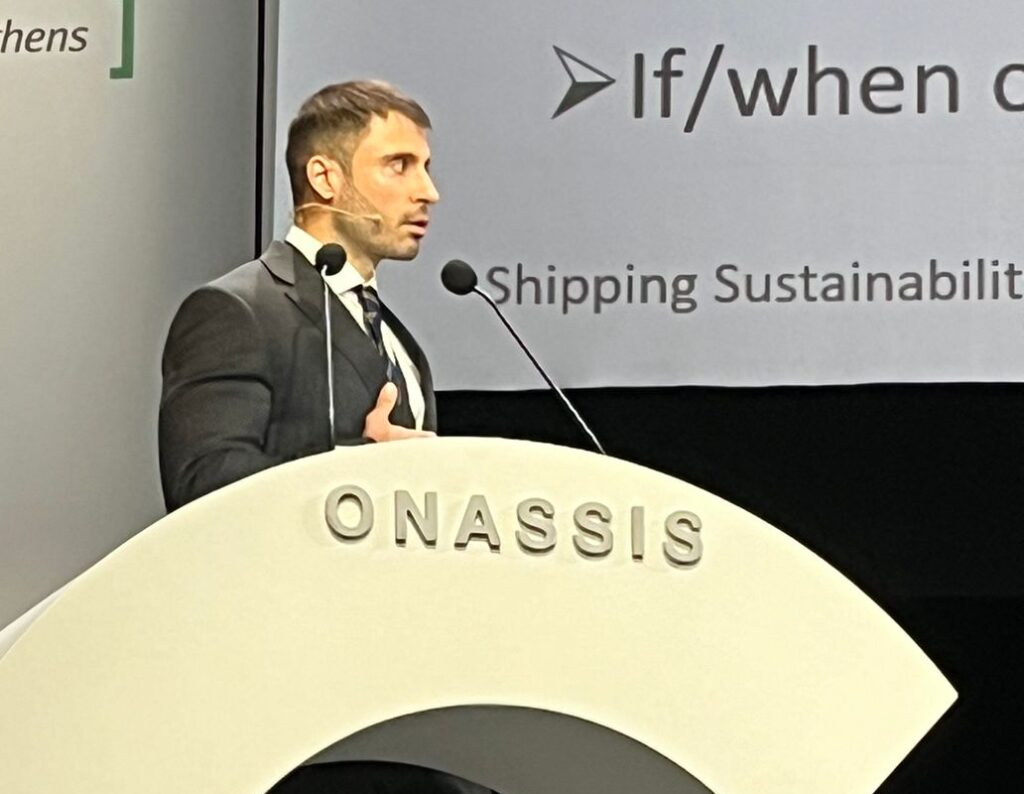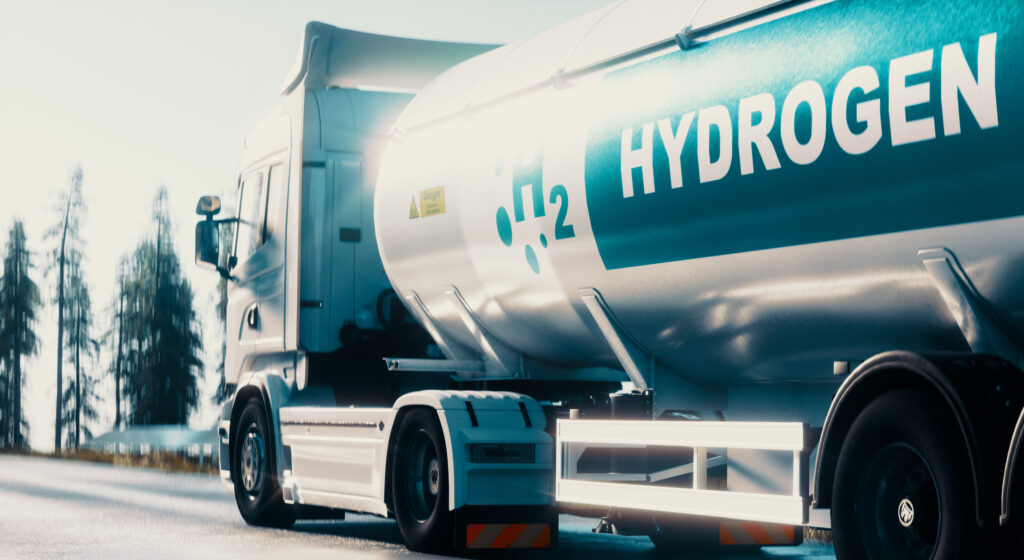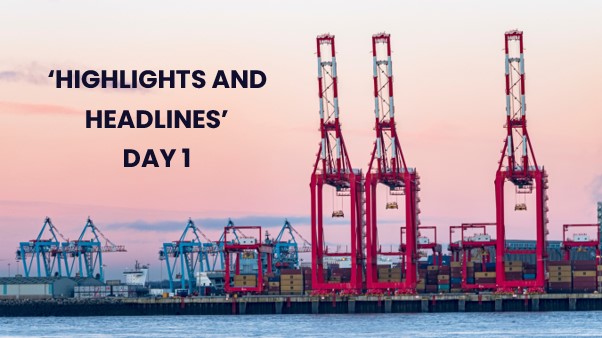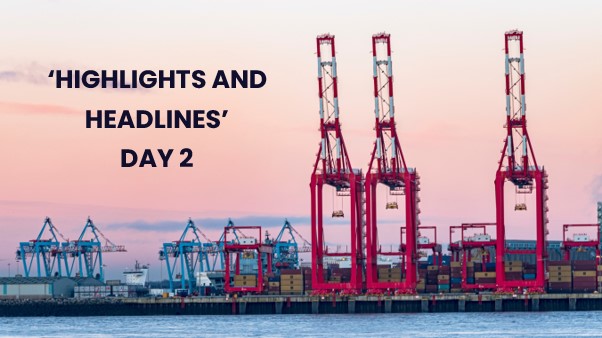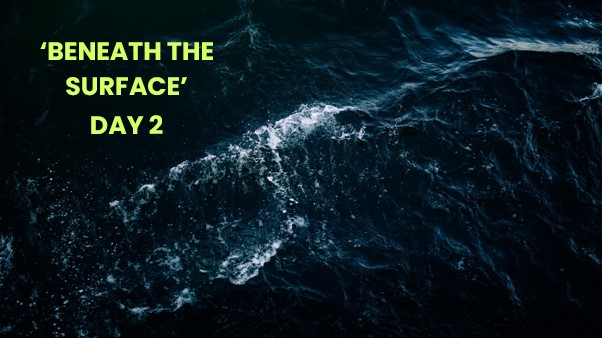Lead PI: Dr Amin Nazemian, University of Strathclyde
Summary:
Waterborne transport generally emits fewer greenhouse gases and air pollutants compared to road transport. By transferring freight from road to waterways, emissions can be significantly reduced, contributing to improved air quality and reduced carbon footprint. An energy-efficient transportation system allows the transportation of larger freight volumes using less fuel per ton-kilometre. This study will assess the most effective traded maritime logistic commodities and feasibility of this transition. Accordingly, Sustainable WAterborne Transport (SWAT) project aims to conduct a feasibility study of swarming and articulated operations concept which can support UK-wide coastal/waterways shipping from road to water.



